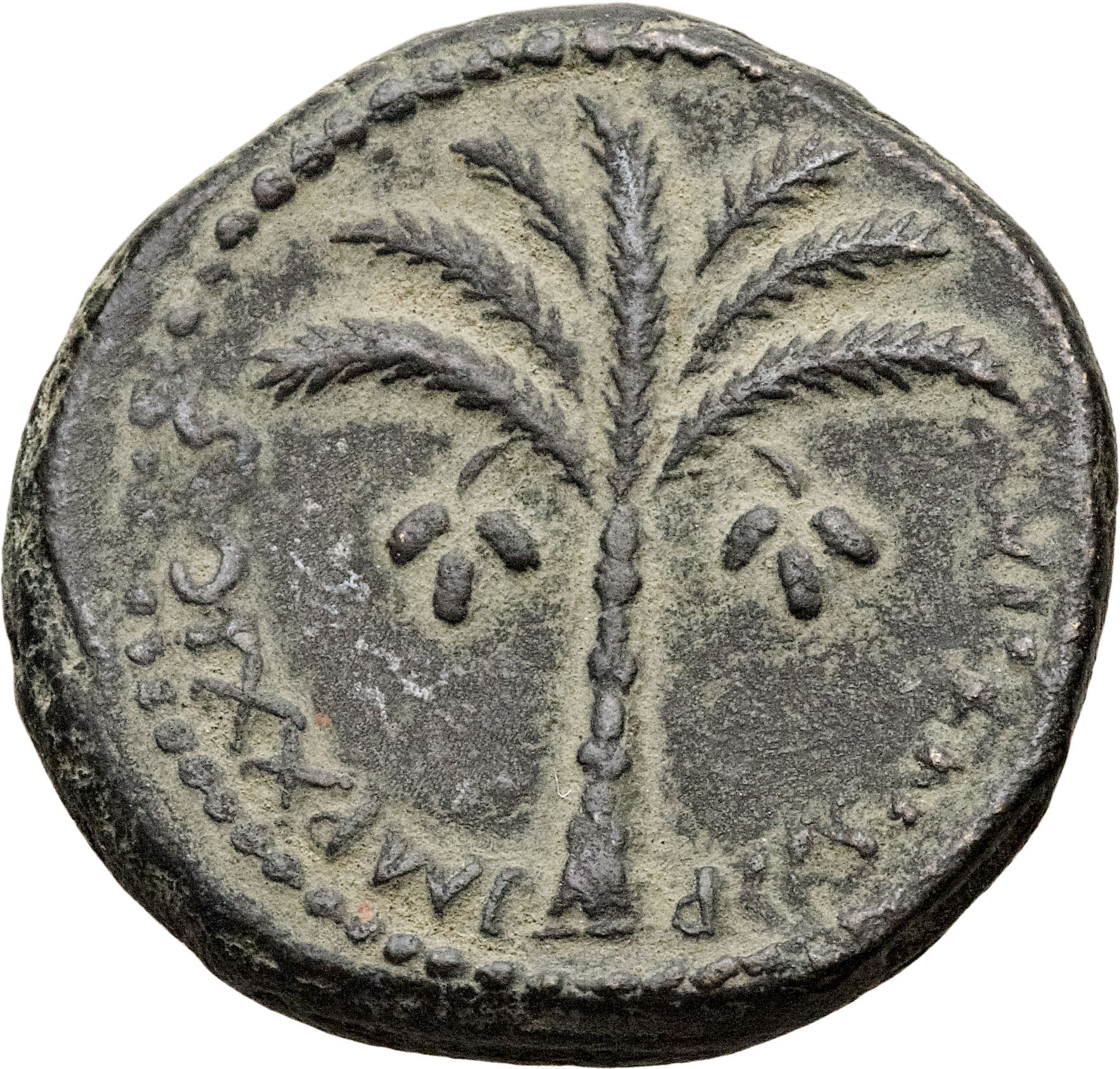Randy Kluth
Well-Known Member
Classic "replacement theology" as taught traditionally in the Roman Catholic Church and some Protestant denominations is not biblically accurate. But neither is the view of their main opponents who advocate Messianic Judaism. The good figs of Judah -namely, the Apostles and those Jewish Christians who followed Jesus; were the ‘branches’ of the "tree", that were not cut off. Romans 11:17a
This fig tree producing good fruits, following Jesus the King of Judah, retained the right to be called by the tribal name of Judah. They are the "true Jews," as it were. Those who rejected Jesus and still continue to reject Him today, are rejected by God, Matthew 21:32, Revelation 2:9
Jeremiah 24:1-10 shows that God sees the nation of Judah as a fig tree and the nation was actually divided into two groups of people-those whose fruits were very good, and those whose fruits were very bad. This is really no different from any other nation, for there is not a nation in the world that has all righteous people or all unrighteous people. But in the case of Judah it is a matter of divine separation into two distinct fig trees, because God intended to treat them differently. He intended to give Judah’s dominion mandate to those who produced good fruit, and at the same time He intended to disinherit those who produced bad fruit.
Jesus Himself produced good fruit. He was born of a Judahite mother, as proven in the genealogies of Matthew 1 and Luke 3. But as the King of Judah, He was more than just a fig branch that was producing good fruit. He was, is, the root of the tree, to which were attached various branches that bore good fruit. Jesus said as much when He used a slightly different motif of the vine and branches:
John 15:1-6 I am the true vine, and My Father is the vinedresser. Every branch in Me that does not bear fruit, He takes away; and every branch that bears fruit, He prunes it, that it may bear more fruit... I am the vine, you are the branches; he who abides in Me, and I in him, he bears much fruit; for apart from Me you can do nothing. If anyone does not abide in Me, he is thrown away as a branch and dries up; and they gather them, and cast them into the fire, and they are burned.
It is clear from this that only those who abide in Christ will bear the type of fruit that God is seeking. If one claims to be in Christ, but does not produce these fruits of the Kingdom, he is cut off. And " if anyone does not abide in Me," Jesus says, " he is thrown away as a branch and dries up. " Surely He had in mind those Jews who had rejected Him as Messiah. Only a few days earlier, Jesus had cursed the fig tree, and the disciples had marveled that it had dried up by the following morning. He was saying, then, that the people who produced no fruit: or, as Jeremiah put it, those who produced only inedible figs would be cut off and burned.
This is precisely what happened. Judah split into two factions, or two "trees." Those who accepted Jesus as Messiah became the branches of the good fig tree. These were the inheritors of the dominion mandate given to Judah. Of these, Jesus said He would prune them in order that they would bring forth even more fruit.
Those who refused to accept Jesus as Messiah were cut off and are no longer inheritors of the dominion mandate. Jesus clearly said that there is no way that anyone can bear the proper fruit apart from being attached to Christ. Ref: Stephen Jones
There's a lot of truth in that, though I can't agree, necessarily, with how the metaphor is being used. If a "tree" represents a nation, then the failure of the tree to produce good fruit is the failure of the nation. It does not become "two trees." The one tree is ruined.
I agree that Jesus is the root of the tree, the founder of Israel, as well as its ultimate success. For now, Israel is a failure, and only a small remnant maintains its hope.
If we are to use the metaphor of "trees" consistently, we would say that the fig tree failed with Israel's fall, and that new trees sprang up, still with Christ as the root. These are other nations that, like Israel, entered into covenant with God. But they also can fail and have failed. Christian nations today are following the same path that Israel followed.
I do believe Christ will come back to restore all of these trees, including Israel. We can only hope! And I do think the implication of God's promises is that He will do this.


